What Is Camilla's Title After the Coronation?
Camilla's title has come a long way since her 2005 marriage to King Charles.
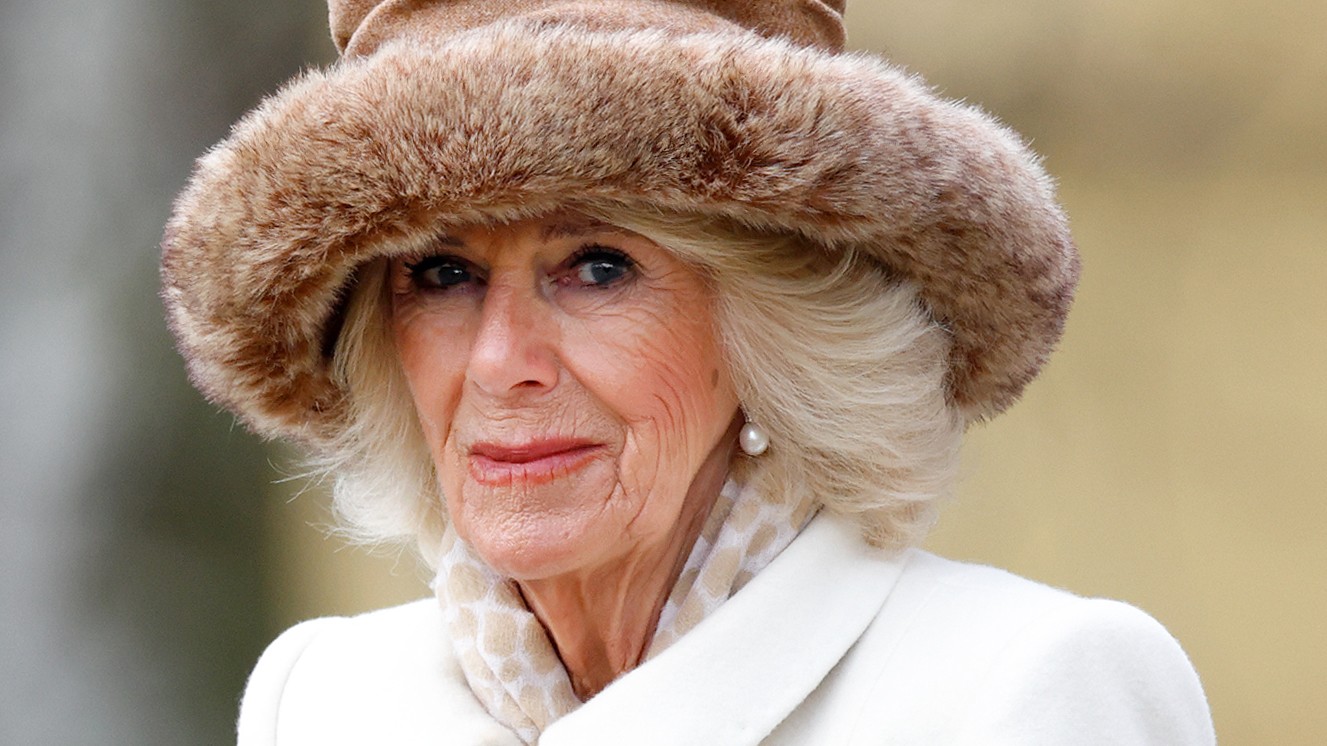

When the then Prince Charles and Camilla Parker-Bowles were married in 2005, it was understood that, upon Charles’ accession to the throne, Camilla would be known as Princess Consort. Seventeen years—and, in all fairness, a lot of hard work (and image rehabilitation) on Camilla’s part—later, Her late Majesty used the seventieth anniversary her own accession day, February 6, 2022, to deliver a poignant message about her daughter-in-law: “And when, in the fullness of time, my son Charles becomes King, I know you will give him and his wife Camilla the same support that you have given me,” she wrote. “And it is my sincere wish that, when that time comes, Camilla will be known as Queen Consort as she continues her own loyal service.”
In a statement, Charles said he and Camilla were “deeply conscious of the honor represented by my mother’s wish.” He continued “As we have sought together to serve and support Her Majesty and people in our communities, my darling wife has been my own steadfast support throughout.” Camilla became Queen Consort upon the death of Her late Majesty on September 8 of last year.
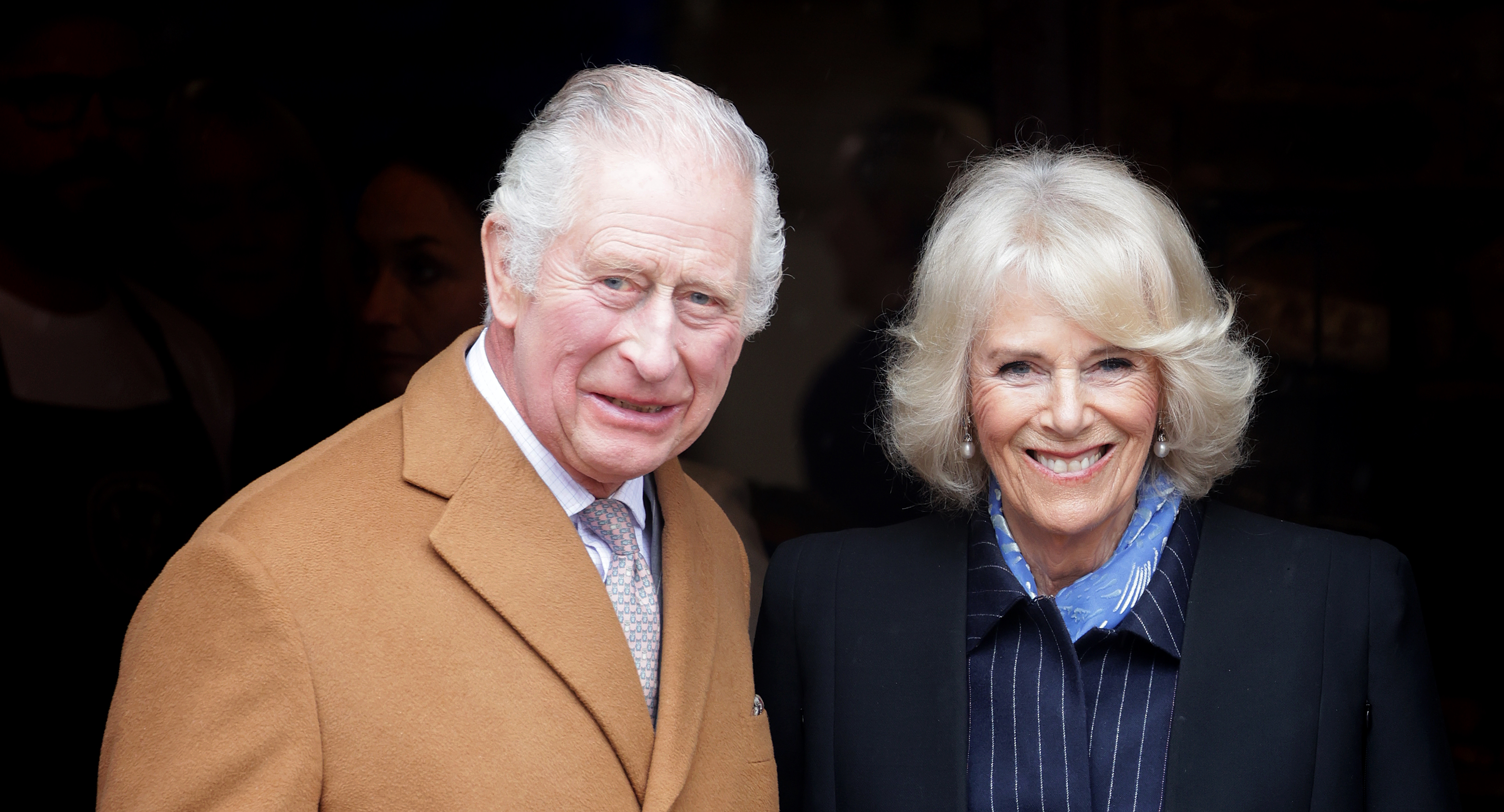
Then, when the Coronation invitation was released, it was there in black and white (okay, well, blue): Queen Camilla, the “consort” likely dropped because it sounded clunky, and because Queen Consort was how Camilla was referred to immediately following Her late Majesty’s death so as not to confuse one Queen with another. Now that nearly eight months have passed, when we refer to “the Queen,” we are generally not speaking of Elizabeth, but, rather, Camilla.
“We know she is going to be known as Queen Camilla, dropping the ‘consort,’” Roberta Fiorito, cohost of Royally Obsessed, a Gallery Media Group podcast, tells Marie Claire exclusively. The consort exits for ease of use, she says, as Queen Camilla “rolls off the tongue a bit better,” she says. Even so, “it’s a huge change,” Fiorito says.
“It was always the long-term plan for [consort] to be dropped,” says Fiorito’s cohost Rachel Bowie.
So, okay, why wasn’t Prince Philip—Queen Elizabeth’s husband of 73 years—called King Consort or King? Think of it like chess, albeit archaic: “There’s an old royal rule that’s longstanding—if a Queen is reigning, a male marrying the inherited monarch is not known as King because that title outranks Queen,” Fiorito says. “[He] will always be a Prince, or Prince Consort.”
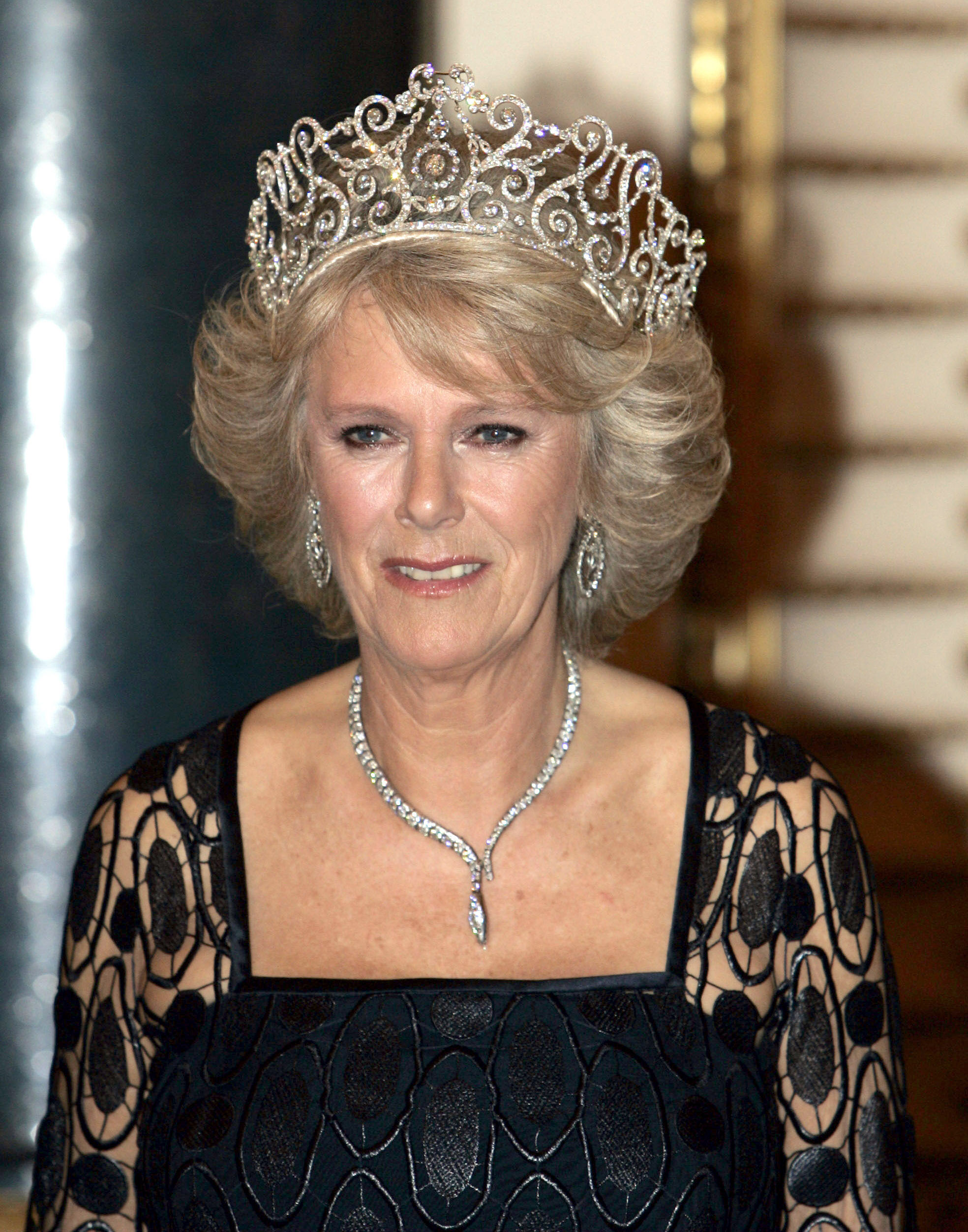
Back in 2005, to garner public support for the marriage and, according to royal expert Christopher Andersen, to get Queen Elizabeth’s approval to allow him to marry Camilla, “Charles had to promise to her and the nation that she would never be Queen,” Andersen tells Marie Claire exclusively. Andersen, whose book The King: The Life of Charles III came out last November, says at the time “even though that was years after Diana’s death, Charles understood that the public’s affection for Diana was still too strong, and that an equally strong feeling of resentment toward Camilla still lingered. I wrote back then that Charles had no intention of ever keeping his promise—that his devotion to Camilla was too strong for him to ever deny her the title she deserved as the wife of the King.” It took 17 years, but Andersen says Charles “finally wore his mother down,” but his sons Prince William and Prince Harry “were both blindsided by their grandmother’s statement endorsing Camilla as Queen. They both actually believed that, out of respect for Diana, their father would keep his word and stick with the Princess Consort title.”
Stay In The Know
Get exclusive access to fashion and beauty trends, hot-off-the-press celebrity news, and more.
Some members of the public—especially those who remember the turbulent 1980s and 1990s in regards to Camilla—may have hangups over “Queen Camilla,” but, simply by virtue of being married to a King, Camilla is Queen whether we like it or not, just as she was technically Princess of Wales for the entire first 17 years of her marriage because she was married to the Prince of Wales, although she never used that title publicly out of respect to Charles’ first wife, Princess Diana, who popularized the title. (She instead went by Duchess of Cornwall, a nod to a secondary title of Charles’.) “The wives of English Kings are consorts, but that word was never used in their titles,” Andersen says. “The wife of George V was simply Queen Mary, and the wife of George VI was Queen Elizabeth.” And now, Queen Camilla.
Despite some lingering public criticism, Fiorito says, “she worked hard to deserve and earn the title [of Queen],” she says. “We all have to get on board.”
If you're currently outside the U.K., you can use a VPN like ExpressVPN—which has a 30-day free trial—to watch the coronation live on the BBC, which aired Queen Elizabeth II's coronation in 1953.

Rachel Burchfield is a writer, editor, and podcaster whose primary interests are fashion and beauty, society and culture, and, most especially, the British Royal Family and other royal families around the world. She serves as Marie Claire’s Senior Celebrity and Royals Editor and has also contributed to publications like Allure, Cosmopolitan, Elle, Glamour, Harper’s Bazaar, InStyle, People, Vanity Fair, Vogue, and W, among others. Before taking on her current role with Marie Claire, Rachel served as its Weekend Editor and later Royals Editor. She is the cohost of Podcast Royal, a show that was named a top five royal podcast by The New York Times. A voracious reader and lover of books, Rachel also hosts I’d Rather Be Reading, which spotlights the best current nonfiction books hitting the market and interviews the authors of them. Rachel frequently appears as a media commentator, and she or her work has appeared on outlets like NBC’s Today Show, ABC’s Good Morning America, CNN, and more.
-
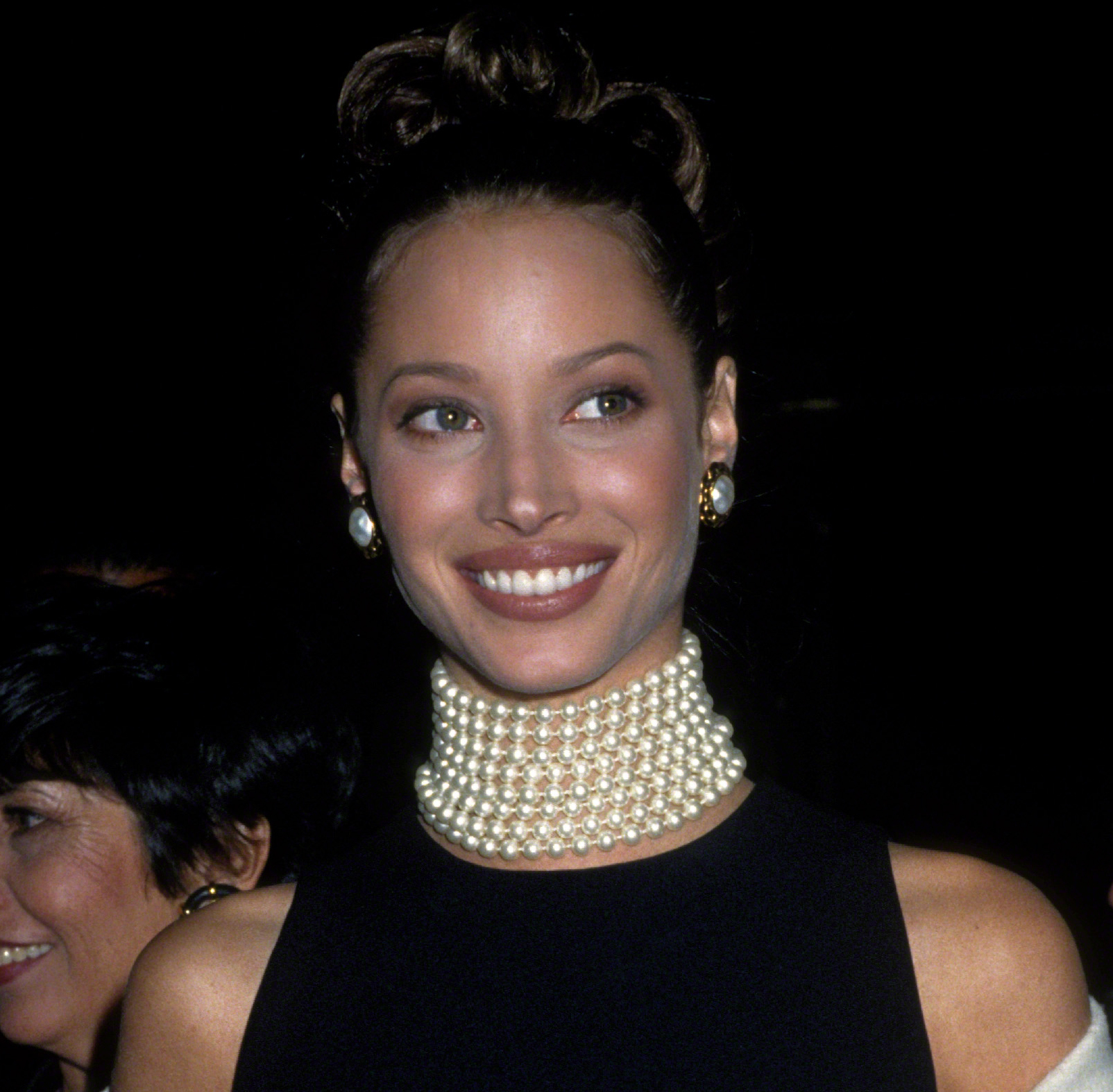 Iconic Throwback Photos From the Met Gala
Iconic Throwback Photos From the Met GalaCouture with a side of drama.
By Katherine J. Igoe
-
 Daisy Edgar-Jones Goes Boho Chic Twice in 24 Hours
Daisy Edgar-Jones Goes Boho Chic Twice in 24 HoursShe's committed to the trend.
By Kelsey Stiegman
-
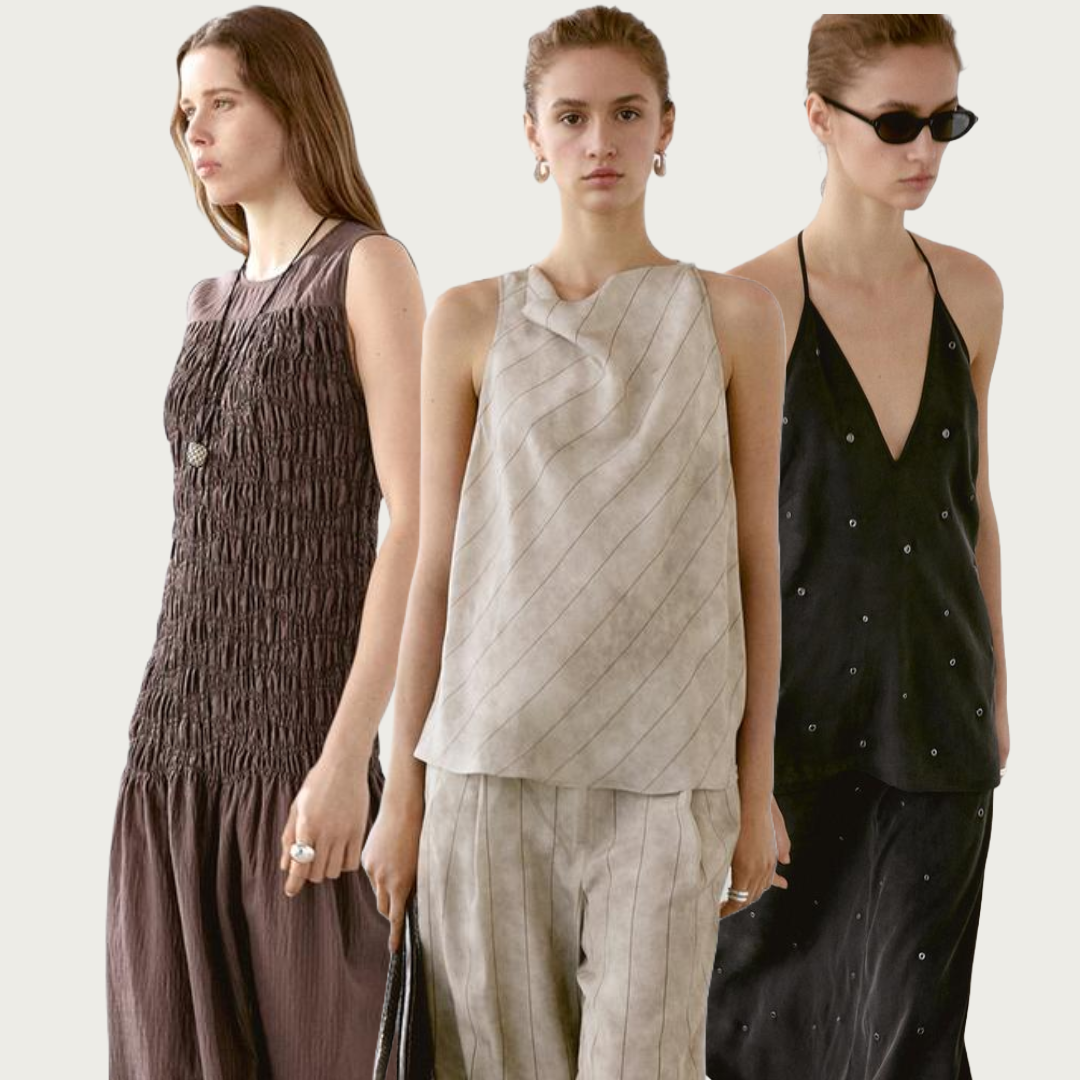 Zara's Underrated Sister Brand Is Quietly Going Viral
Zara's Underrated Sister Brand Is Quietly Going Viral23 finds worth shopping from Massimo Dutti's newest collection.
By Julia Marzovilla
-
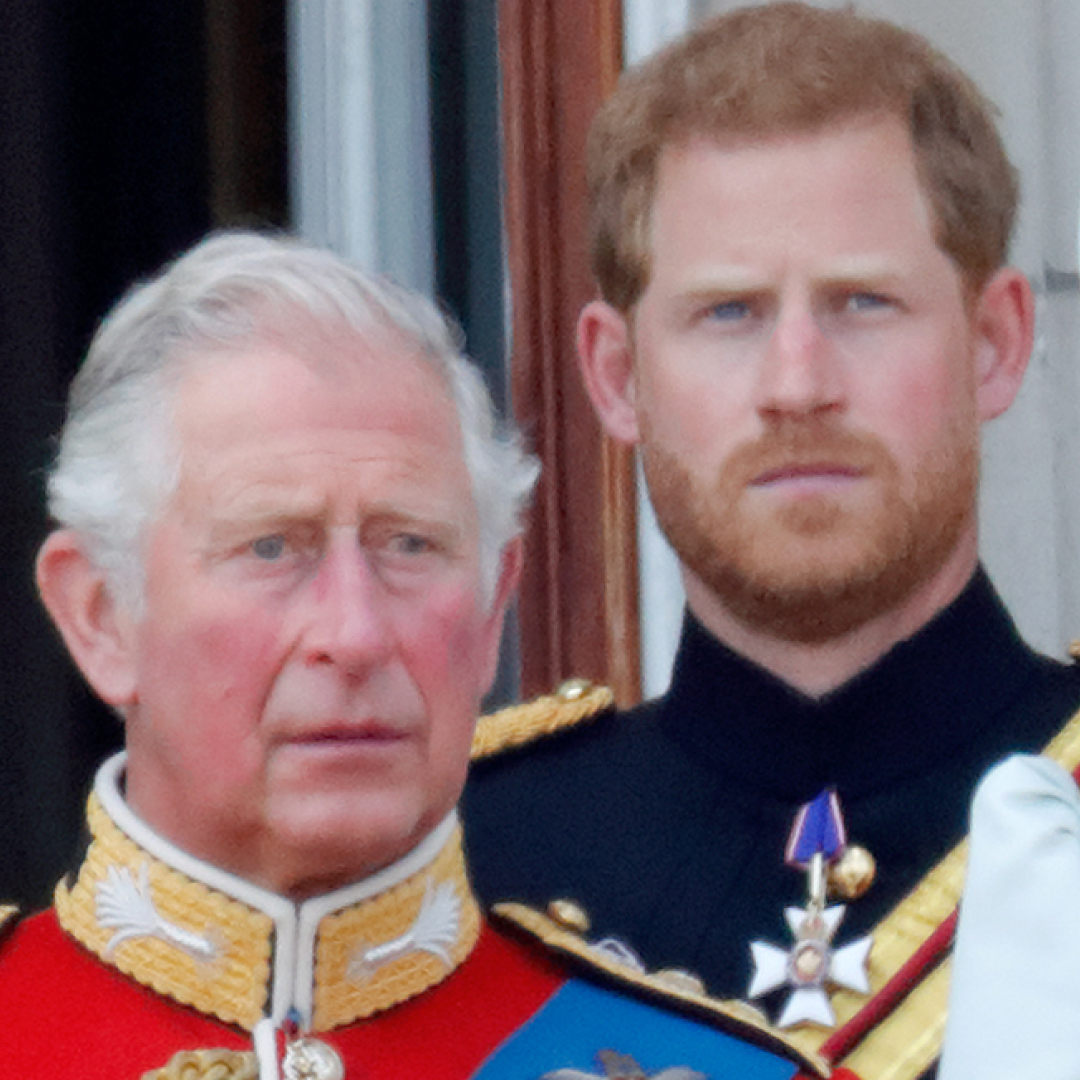 Royal Sources Give Update on "Distant" Relationship With Prince Harry and King Charles
Royal Sources Give Update on "Distant" Relationship With Prince Harry and King CharlesInsiders close to the Duke of Sussex have revealed whether there is a chance at reconciliation in the near future.
By Kristin Contino
-
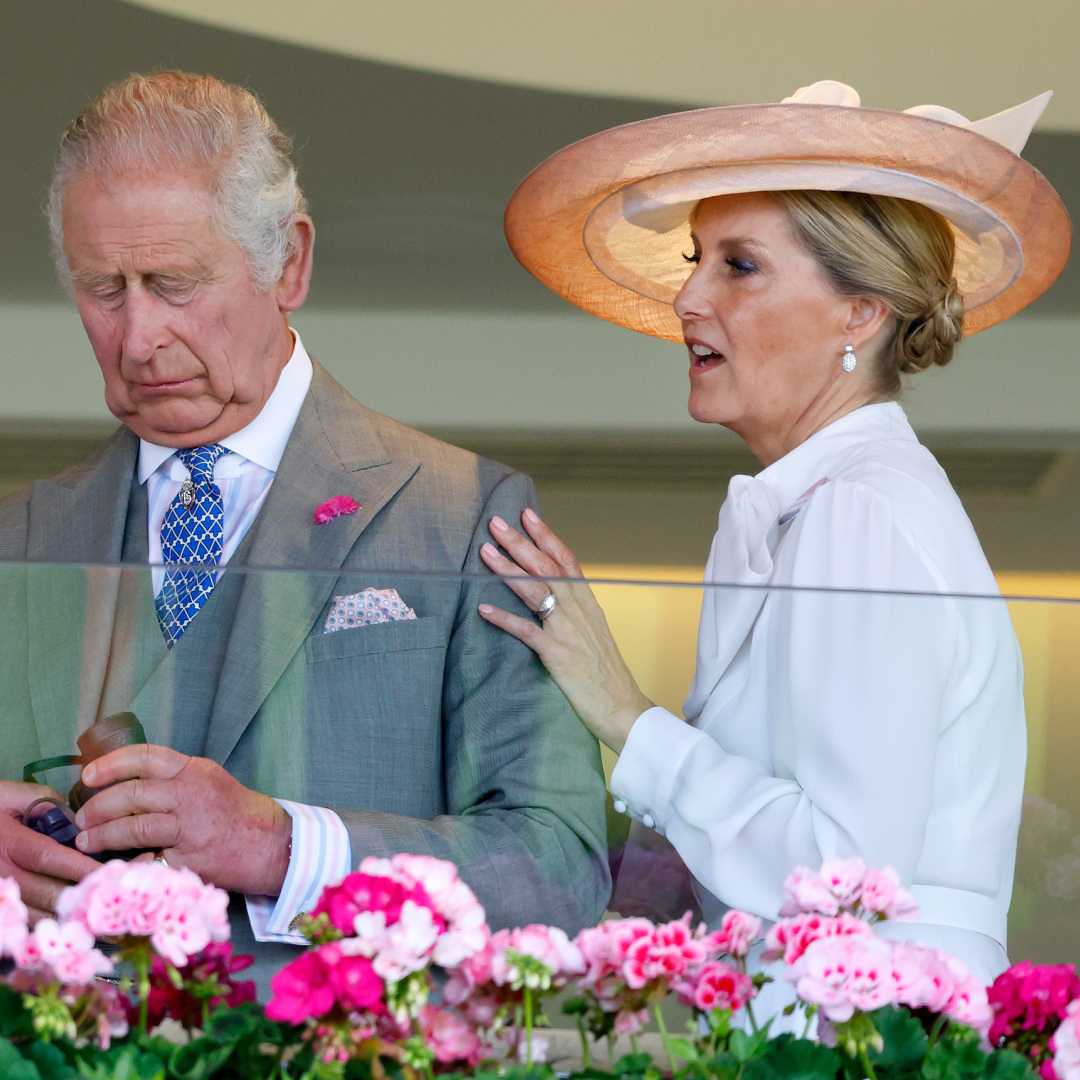 Duchess Sophie Stepped Up to Represent King Charles at Event Amid Calls for King Charles to "Slow Down"
Duchess Sophie Stepped Up to Represent King Charles at Event Amid Calls for King Charles to "Slow Down"The Duchess of Edinburgh filled in for The King at the Royal Military Academy Sandhurst.
By Kristin Contino
-
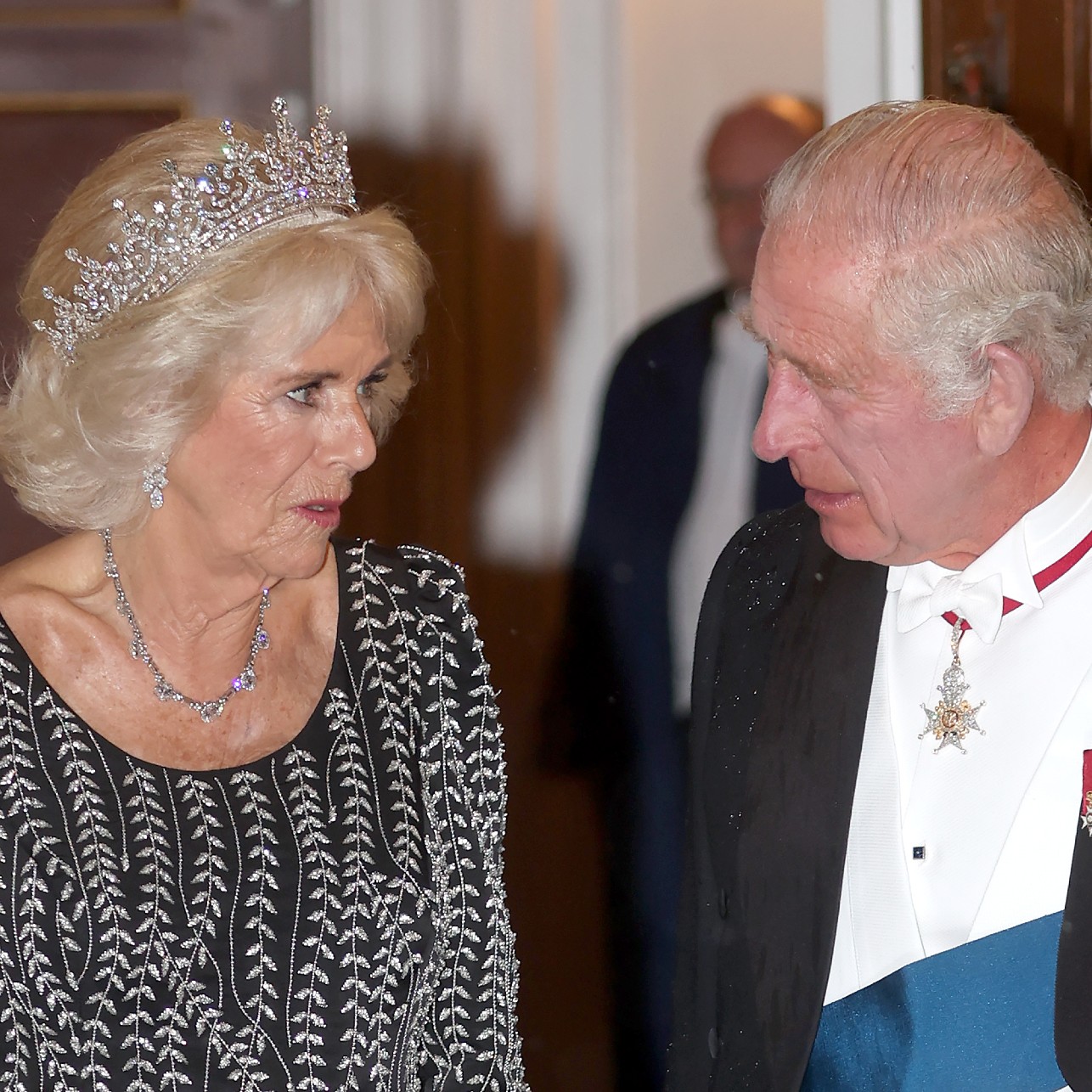 Queen Camilla Uses a "Signal" from Queen Elizabeth's Playbook to Get King Charles to Shut Up When He "Talks For Too Long"
Queen Camilla Uses a "Signal" from Queen Elizabeth's Playbook to Get King Charles to Shut Up When He "Talks For Too Long"Royal author Robert Hardman said "tours don't go nearly as well" when Queen Camilla isn't "around."
By Kristin Contino
-
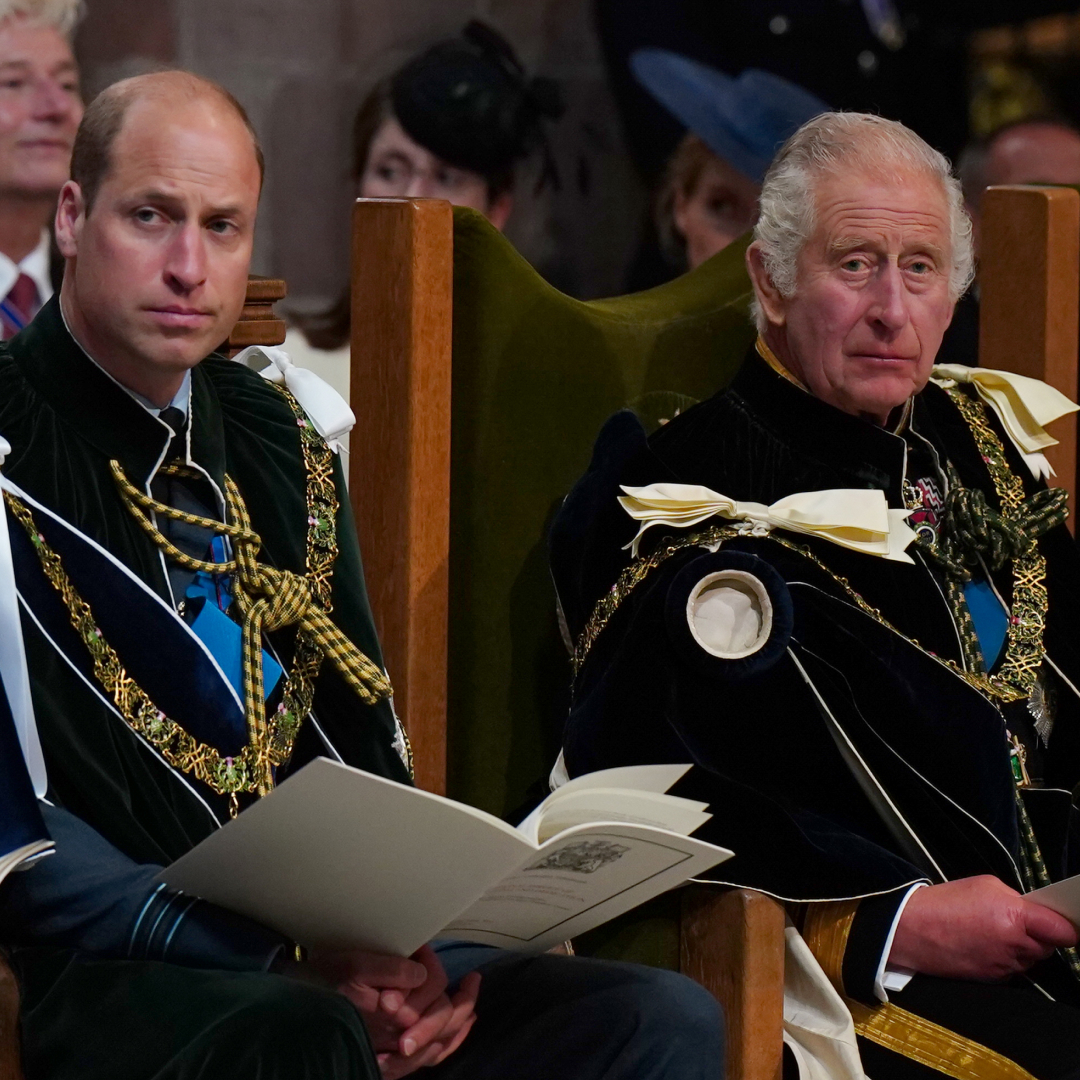 Why King Charles Abdicating Would Cause a "Crisis" for Prince William and the Royal Family
Why King Charles Abdicating Would Cause a "Crisis" for Prince William and the Royal FamilyPrincess Kate and Prince William have been preparing "for their future positions as king and queen."
By Amy Mackelden
-
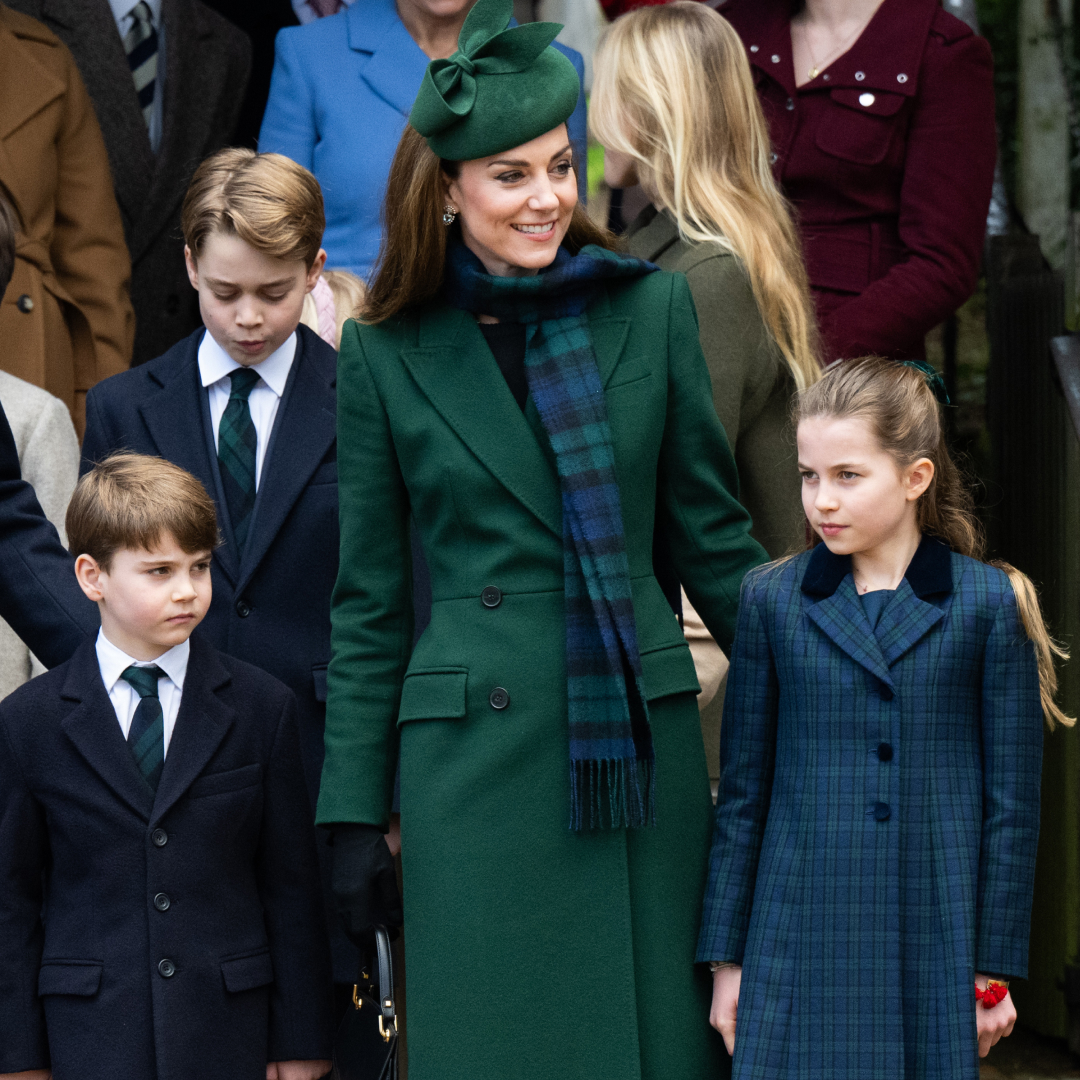 Royal Expert Explains Why Prince George Is Seen Publicly More Often Than Princess Charlotte and Prince Louis
Royal Expert Explains Why Prince George Is Seen Publicly More Often Than Princess Charlotte and Prince Louis"It is important for the royal image that you have this balance."
By Amy Mackelden
-
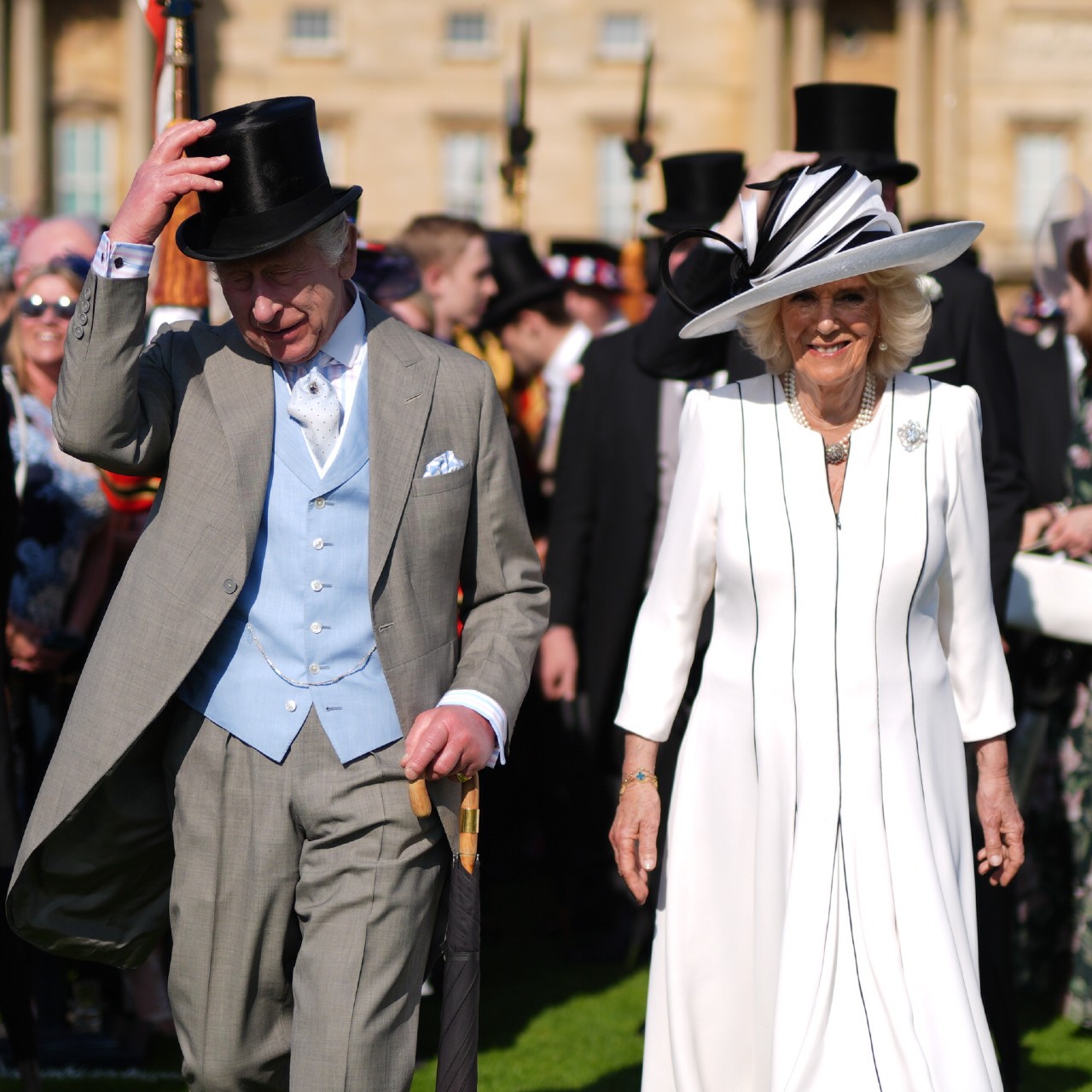 Former Royal Butler Shares "Sweet" Reason Why Working With King Charles and Queen Camilla on Easter Was a "Disaster"
Former Royal Butler Shares "Sweet" Reason Why Working With King Charles and Queen Camilla on Easter Was a "Disaster"Grant Harrold revealed how The King and Queen treated their staff during the holiday.
By Kristin Contino
-
 Palace Employees Reveal They've "All Tried" to Get King Charles to "Slow Down" Amid Cancer Treatment
Palace Employees Reveal They've "All Tried" to Get King Charles to "Slow Down" Amid Cancer Treatment"Now he wants to do more and more and more. That's the problem."
By Amy Mackelden
-
 Royal Expert Shares Why King Charles Had to Be "Very Careful" and "Couldn't" Meet Prince Harry During U.K. Visit
Royal Expert Shares Why King Charles Had to Be "Very Careful" and "Couldn't" Meet Prince Harry During U.K. Visit"It could actually bring down a court case."
By Amy Mackelden